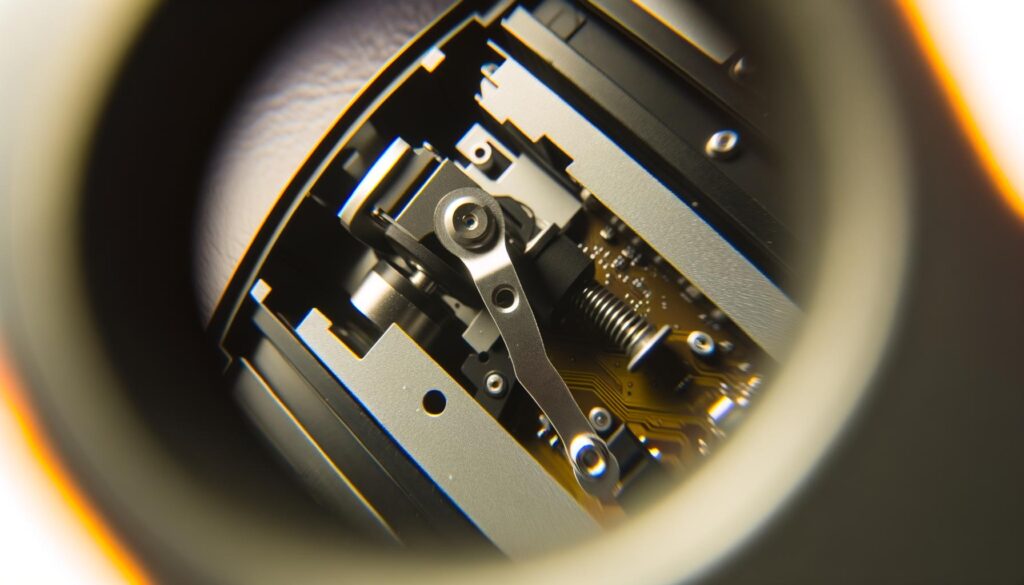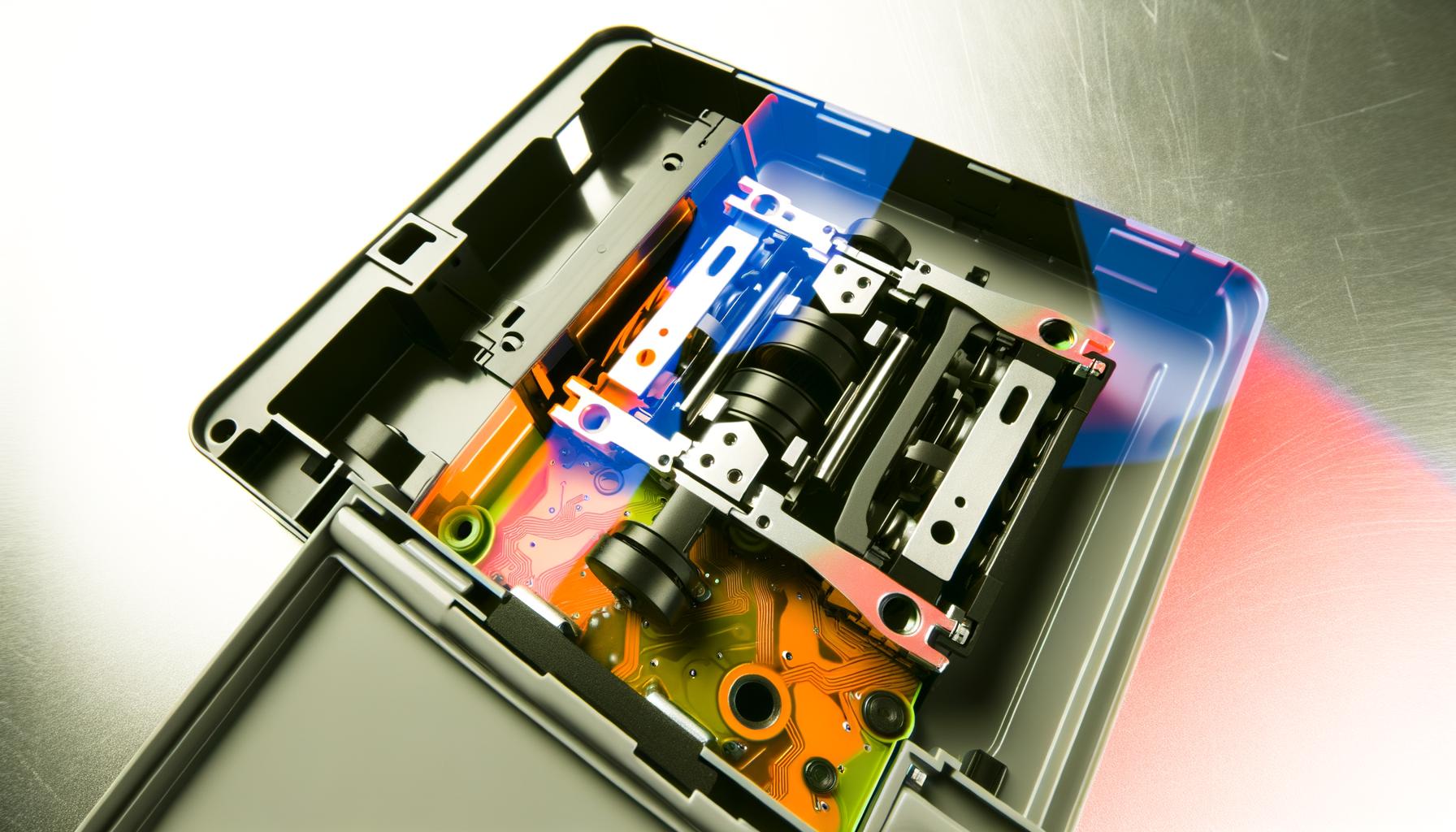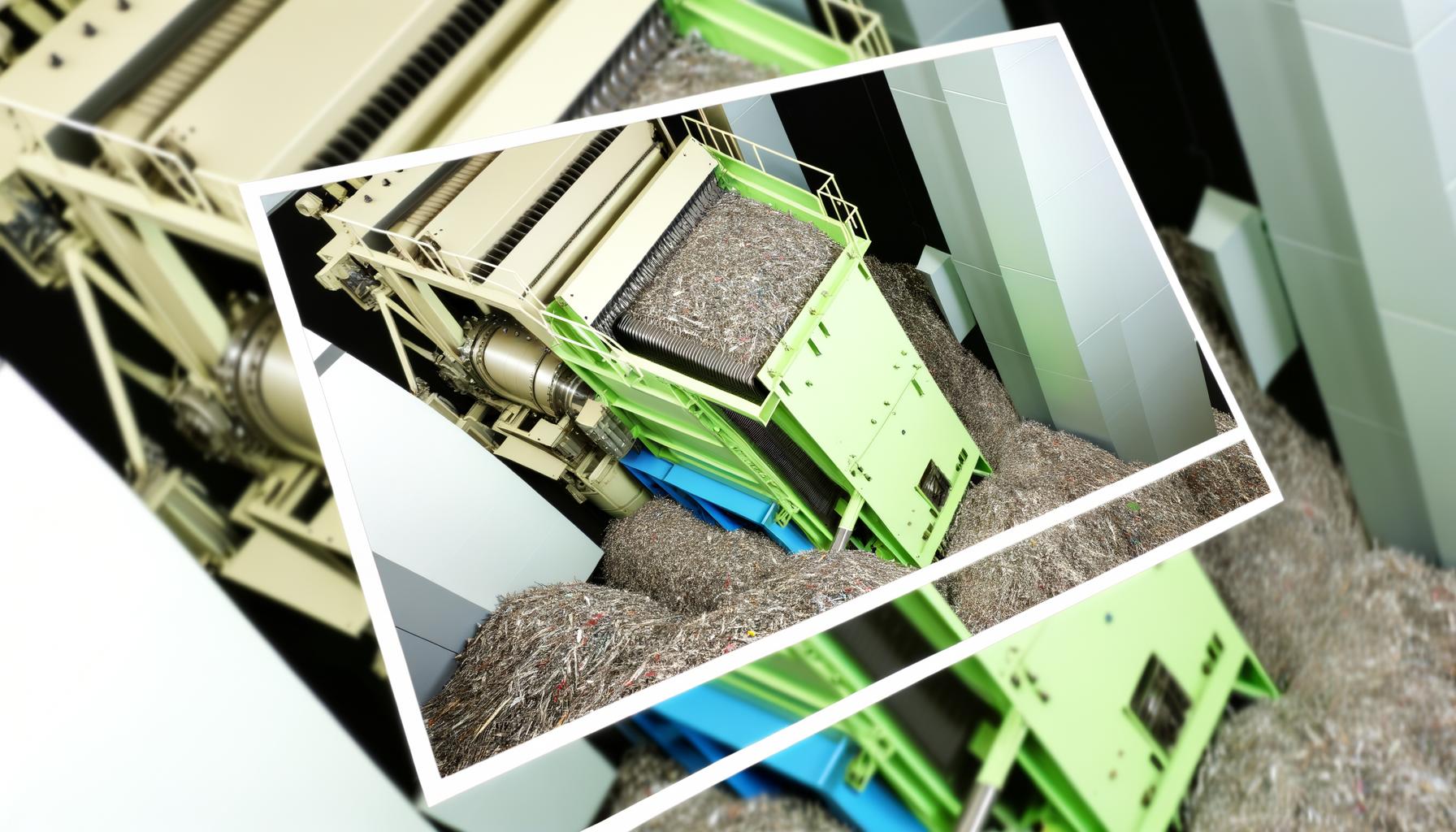Downey, located in Southern California, is home to a dynamic array of businesses ranging from small startups to well-established corporations. As technology and data continue to play a critical role in modern business operations, the importance of secure disposal has become paramount. Companies must now navigate the complexities of protecting sensitive information and managing waste effectively to safeguard their reputation and ensure compliance with stringent regulations.
In this fast-paced corporate landscape, data protection is not merely a luxury but a necessity. Businesses handle vast amounts of proprietary information-from customer details and financial records to trade secrets-that require careful management and disposal once they are no longer needed. Improper disposal practices can lead to serious consequences, including data breaches, identity theft, environmental hazards, and significant legal repercussions.
Secure disposal services offer a solution by providing specialized processes for safely disposing of various types of sensitive materials. These services span across paper documents and electronic devices that house confidential data. In this article, we will delve into how secure disposal services operate, the benefits they bring to Downey companies, and how organizations can integrate these services into their daily operations efficiently.
What Are Secure Disposal Services?
Secure disposal services refer to a range of professional solutions specifically designed to ensure that sensitive, confidential, or hazardous materials are disposed of in a manner that protects data privacy and complies with environmental regulations. These services encompass the secure handling, transportation, and destruction of various types of materials that businesses generate and need to dispose of securely. In Downey’s corporate landscape, where safeguarding proprietary information and reducing environmental impact is crucial, secure disposal services play an indispensable role.
The spectrum of materials requiring secure disposal is broad and includes paper documents like financial records, client contracts, and employee files. Additionally, electronic devices such as hard drives, smartphones, and USB sticks often contain sensitive data that needs thorough obliteration before disposal.
Certain industries may also generate hazardous waste or specialized materials requiring expert handling to prevent environmental contamination or legal penalties. When improperly discarded, these items pose substantial risks including data breaches or identity theft which can gravely affect a company’s reputation and finances.
To address these diverse disposal needs effectively, secure disposal services implement advanced technologies and methods tailored for different material types. For paper documents, shredding is a common method where papers are cut into tiny pieces rendering the information irretrievable.
Electronic devices often undergo degaussing-a process that uses magnetic fields to erase data-or physical destruction via methods such as crushing or incineration. The key lies in eliminating any possibility for data recovery while ensuring processes comply with relevant legal regulations thereby offering companies peace of mind regarding the management of their sensitive waste streams.
| Material Type | Disposal Method |
|---|---|
| Paper Documents | Shredding |
| Electronic Devices | Degaussing/Incineration/Crushing |
The Risks of Improper Disposal
Improper disposal of sensitive materials can leave companies in Downey vulnerable to a range of significant threats. One of the most critical risks is data breaches, which occur when confidential information falls into the wrong hands. This can lead to identity theft, financial fraud, and severe damage to a company’s reputation.
For instance, improperly discarded paper documents containing client information or unencrypted electronic devices can easily be retrieved from dumpsters by individuals looking to exploit this data. Once compromised, businesses may face costly remediation efforts and lose customer trust.
Additionally, improper disposal poses serious environmental hazards. Many electronic devices contain harmful substances such as lead, mercury, and cadmium that can contaminate soil and water if not disposed of correctly. The improper handling and disposal of these hazardous materials can lead to significant fines and legal action against the company under various environmental protection laws. Furthermore, it contributes to broader ecological damage on both local and global scales, harming wildlife and natural resources.
The legal repercussions for failing to adhere to proper disposal protocols are another grave concern for businesses. Data protection regulations such as GDPR (General Data Protection Regulation) in Europe and HIPAA (Health Insurance Portability and Accountability Act) in the United States mandate stringent measures for handling sensitive information securely.
Non-compliance with these regulations due to inadequate disposal practices can result in hefty fines and sanctions imposed by regulatory bodies. Secure disposal services help mitigate these risks by ensuring that all confidential materials are destroyed beyond recovery, thus allowing businesses to avoid potential legal issues.
| Risk | Description |
|---|---|
| Data Breaches | Sensitive information exploited by unauthorized parties leading to identity theft and financial fraud. |
| Environmental Hazards | Contamination from toxic substances in electronics causing ecological damage. |
| Legal Repercussions | Fines and sanctions from non-compliance with data protection regulations like GDPR and HIPAA. |
To address these multifaceted risks effectively, companies must prioritize secure disposal practices encompassing meticulous destruction methods such as shredding documents beyond reconstruction or degaussing hard drives to erase data irreversibly. By doing so, Downey businesses not only protect their own interests but also contribute positively towards a sustainable environment while remaining compliant with legal standards.
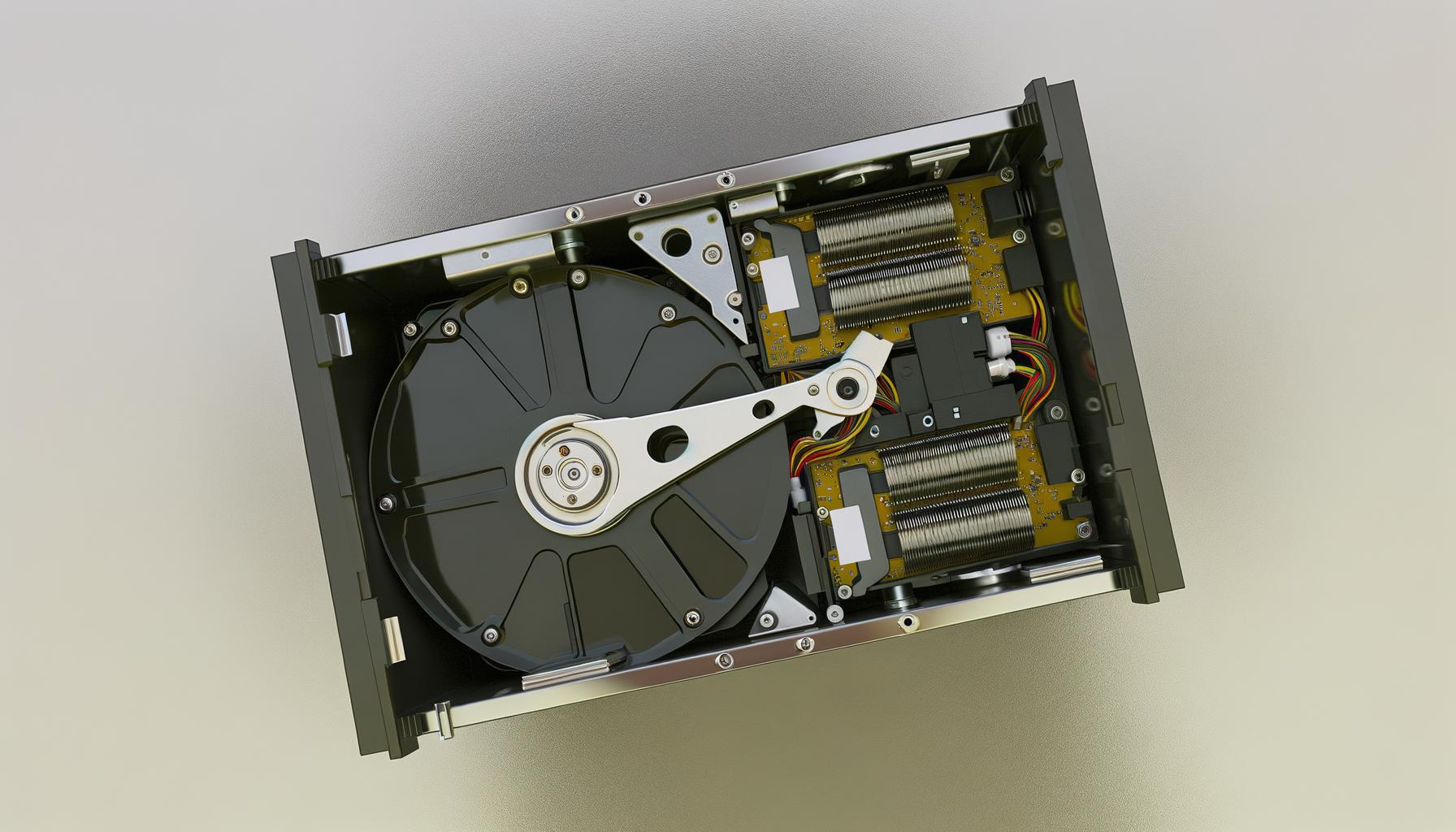
How Secure Disposal Services Work
Secure disposal services follow a systematic process to ensure that sensitive materials are handled appropriately and destroyed irreversibly, thus mitigating risks associated with data breaches and identity theft. The process usually begins with the collection phase, where a certified service provider picks up the materials scheduled for secure disposal from the location of the client company. Companies can typically choose between scheduled pickups or on-demand services based on their volume and frequency of waste generation.
Once the materials are collected, they are securely transported to a disposal facility equipped with advanced technologies designed for secure destruction. Transportation is a critical stage where maintaining security is paramount; therefore, service providers often employ sealed containers and GPS-tracked vehicles to prevent any unauthorized access during transit.
At the disposal facility, various methods are employed to ensure complete destruction of sensitive materials:
- Paper documents are usually shredded into fine particles using industrial-grade shredders. Some facilities utilize cross-cut shredding or pulverizing to make reconstruction nearly impossible.
- Electronic devices undergo processes such as incineration or degaussing. Incineration destroys hardware by burning it at extremely high temperatures, effectively reducing it to ash. Degaussing involves using strong electromagnetic fields to erase data stored on magnetic media like hard drives and tapes.
- Items containing hazardous substances may also be treated through specialized environmentally-friendly methods to prevent contamination.
After destruction, many secure disposal services provide clients with a certificate of destruction as proof that their sensitive information has been thoroughly and irrevocably disposed of. This not only gives businesses peace of mind but also helps them maintain compliance with various legal regulations concerning data protection and waste management.
Using these meticulous procedures ensures that companies in Downey can trust that their materials receive proper secure disposal, thereby safeguarding against potential threats while contributing positively towards sustainable waste management practices.
Benefits of Secure Disposal for Downey Companies
Protection of Sensitive Information
Secure disposal services offer invaluable protection for sensitive information such as customer data and trade secrets. In today’s competitive business environment, the safeguarding of private and proprietary information is paramount. Businesses in Downey manage vast amounts of information regularly, from customer records to confidential business strategies. Secure disposal ensures that discarded materials, whether they are paper documents or electronic devices, are properly destroyed, thus eliminating the risk of unauthorized access.
Data breaches can result in significant financial loss and damage to a company’s reputation. Secure disposal services use advanced technologies like industrial shredders for paper documents and degaussing mechanisms for electronic devices to render this data irretrievable. The peace of mind that comes with knowing one’s sensitive information won’t fall into the wrong hands cannot be overstated.
Legal Compliance With Data Protection Regulations
Compliance with data protection regulations is another critical benefit offered by secure disposal services. Various legal frameworks such as GDPR (General Data Protection Regulation) and HIPAA (Health Insurance Portability and Accountability Act) mandate stringent measures when it comes to how businesses handle personal and sensitive data. Non-compliance can lead to hefty fines and severe legal consequences.
Secure disposal services ensure that businesses in Downey meet all regulatory requirements by providing documented proof of proper destruction methods. Certificates of Destruction are often issued post-disposal, serving as evidence that materials were adequately and securely processed according to the relevant laws-thus mitigating risks associated with regulatory non-compliance.
Enhanced Corporate Responsibility
In addition to protecting sensitive information and ensuring regulatory compliance, secure disposal services elevate a company’s commitment to corporate responsibility. With rising environmental concerns, companies must consider sustainable practices in their operations-including waste management. Properly disposing of electronic waste through secure channels prevents harmful chemicals from polluting the environment.
Furthermore, employees who see their company investing in these responsible practices may develop a stronger sense of loyalty and pride toward their organization. By integrating transparent waste management solutions showcasing an emphasis on both security and environmental stewardship, Downey companies can enhance their reputational capital within communities while meeting ecological objectives effectively through secure disposal services.
Saving Costs and Resources
In today’s highly regulated and competitive business environment, Downey companies are continuously seeking ways to cut costs and optimize resource utilization. One effective strategy that has gained traction is the use of secure disposal services. By prioritizing the secure disposal of sensitive documents, electronic devices, and other confidential materials, businesses can mitigate several financial risks, such as legal liabilities and compliance fines.
Improper disposal of sensitive information can lead to data breaches or significant contractual penalties under regulations like GDPR or HIPAA. These scenarios not only harm a company’s reputation but also result in severe financial repercussions. Secure disposal services serve as a preventive measure, ensuring that all data is destroyed in accordance with legal requirements. This proactive approach significantly reduces the likelihood of facing costly lawsuits or regulatory fines.
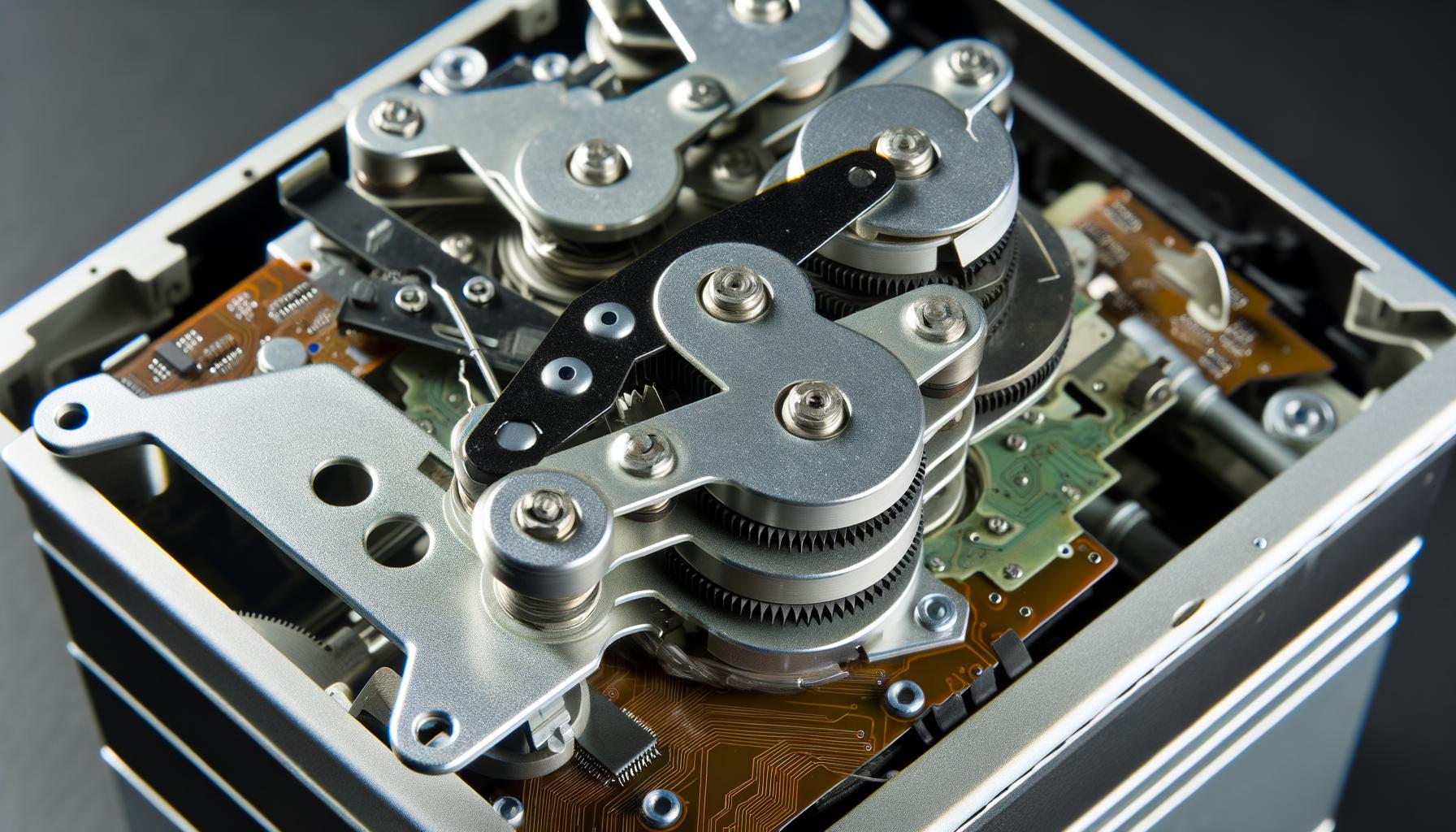
Additionally, efficient waste management practices help optimize resource use within organizations. By partnering with specialized secure disposal providers, companies benefit from streamlined operations that free up internal resources for core business activities. The secure collection, transportation, and destruction processes are managed by the provider, allowing firms to reallocate labor and focus on strategic priorities rather than waste management issues. Overall, integrating secure disposal into a firm’s operations provides substantial cost savings while safeguarding their reputation and operational efficiency.
Case Studies
TechGuard Innovations: Protecting Digital Confidentiality
TechGuard Innovations, a cybersecurity firm in Downey, serves as a prime example of the benefits derived from secure disposal services. Facing the challenge of securely handling obsolete electronic devices containing sensitive data, TechGuard sought out a specialized service provider to mitigate risks.
By employing techniques like degaussing and incineration, they ensured that confidential data stored on hard drives and other electronic media was permanently destroyed. This move not only protected their clients’ sensitive information but also fortified TechGuard’s own reputation for rigorous data security.
GreenLeaf Financial: Compliance With Regulatory Standards
GreenLeaf Financial, a local financial institution, had stringent regulatory requirements to meet under laws such as HIPAA and GDPR. Failing to comply could result in hefty fines and reputational damage. To address this risk, GreenLeaf utilized secure disposal services for paper documents containing customer financial information as well as outdated electronic records.
With certifications attesting to their compliance approach, these services provided GreenLeaf with both peace of mind and tangible evidence of adherence to regulations. The firm experienced a reduction in potential legal costs by preventing breaches before they could occur.
CivicHealth Medical Center: Ensuring Patient Confidentiality
CivicHealth Medical Center encountered significant challenges around the secure disposal of medical records and patient-related documents. Partnering with a reputable secure disposal service helped them effectively manage this critical aspect of healthcare provision. Methods like document shredding and certified destruction significantly minimized the risk of accidental disclosures or data breaches involving patient information. Furthermore, regular audits and reporting offered by their provider ensured CivicHealth maintained ongoing compliance with healthcare regulations such as HIPAA, strengthening their trustworthiness within the community.
Through these case studies, it becomes evident that integrating secure disposal services into business operations can help Downey companies efficiently protect sensitive information while adhering to legal standards. Businesses like TechGuard Innovations, GreenLeaf Financial, and CivicHealth Medical Center demonstrate how effective management of waste can translate into enhanced security measures and optimized resource use through proper practices in secure disposal.
How to Choose the Right Secure Disposal Service Provider
Choosing the right secure disposal service provider is critical for any Downey company aiming to protect sensitive information and remain compliant with data protection regulations. The first factor to consider when selecting a provider is certification. Look for certifications such as NAID AAA, which ensure that the service meets industry standards for secure information destruction. These certifications are indicative of a commitment to security practices and quality procedures, ensuring your data will be handled in the most secure manner.
Another vital aspect is the scope of services offered by the disposal company. It’s important to determine whether they can manage all types of materials you need to dispose of-be it paper documents, electronic devices, or proprietary products. A comprehensive range of services can simplify the process and ensure that all potential sources of data leakage are securely managed. Additionally, look for providers who use advanced technologies like shredding, incineration, and degaussing for secure disposal.
Reputation should not be overlooked when choosing a secure disposal service provider. Research reviews and seek testimonials from other Downey businesses in similar industries.
Knowing how other companies have benefited from their services can provide valuable insights into what you might expect from the partnership. Finally, don’t hesitate to ask potential providers questions about their practices-such as how they handle chain-of-custody during transportation or what methods they use for final destruction-to ensure they align with your company’s security and compliance requirements.
Making an informed choice about your secure disposal service provider not only safeguards your sensitive information but also significantly reduces risks associated with data breaches and legal issues. It ensures optimal resource use while maintaining high standards in waste management practices. Through careful consideration and thorough vetting, Downey companies can find a reliable partner that supports both their operational needs and their security mandates efficiently.
Integrating Secure Disposal Into Business Operations
Employee training is crucial for the successful implementation of any secure disposal program. Staff members should be educated on what qualifies as confidential material, how to handle it, and the steps to dispose of it securely. Regular training sessions will help employees stay updated on the latest protocols and reinforce the importance of these practices. Including periodic assessments to gauge understanding can also ensure compliance across all levels of the company.
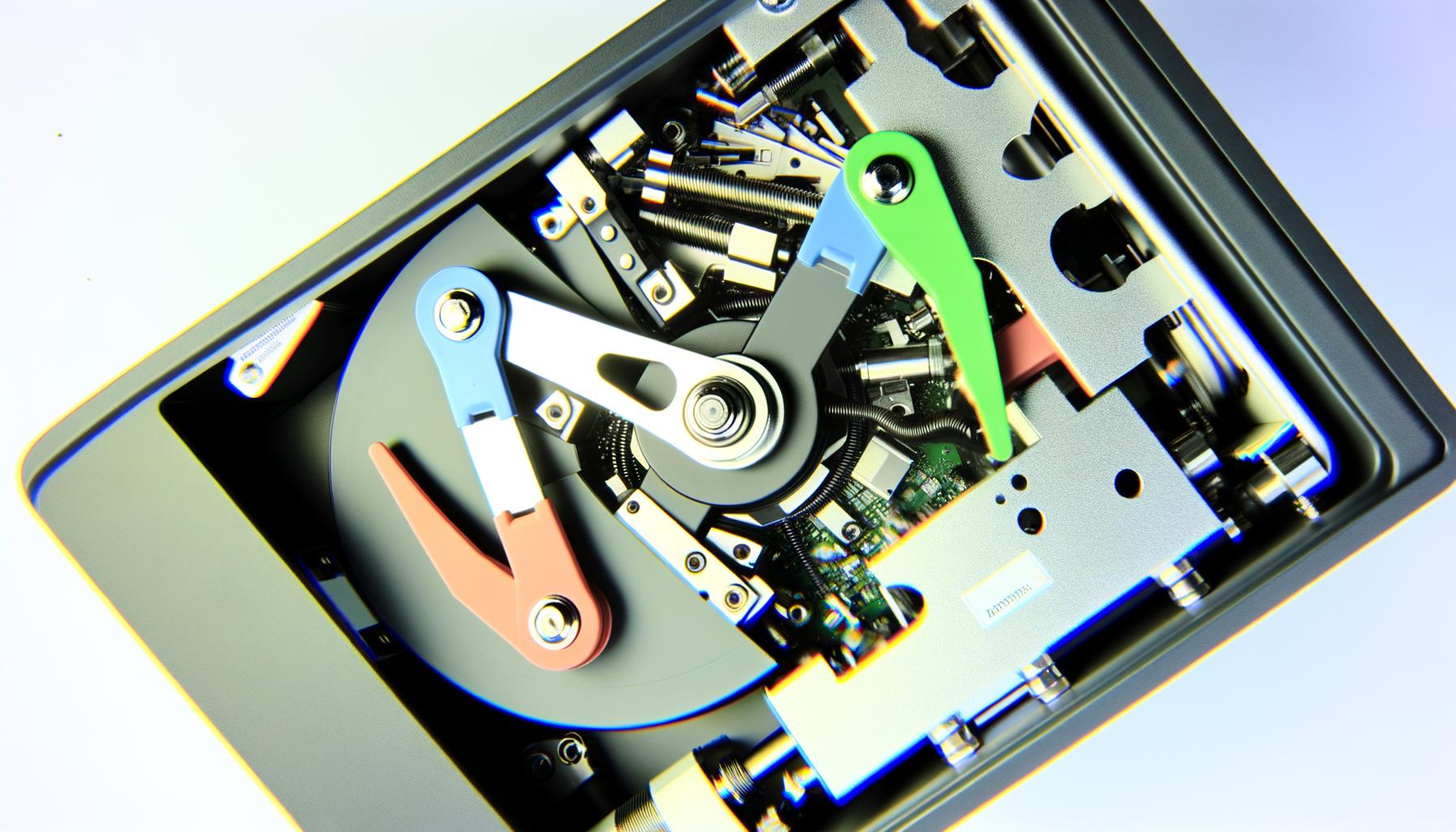
Another integral aspect is choosing the right equipment and partnerships for your secure disposal needs. Depending on the nature and volume of materials, this could include investing in high-quality shredders for paper documents or contracting with certified e-waste recyclers for electronic devices.
Many companies may find it beneficial to partner with specialized secure disposal service providers who offer comprehensive solutions-from collection containers placed at strategic locations within your office to regular pick-up schedules followed by certified destruction methods like shredding, incineration, or degaussing.
When integrating these measures into daily operations, consider implementing an organized system such as:
- Clearly marked bins for different types of waste
- Scheduled waste collection times
- Secure transportation protocols
With these steps in place, Downey companies can not only protect sensitive information but also streamline their waste management processes efficiently.
Furthermore, it’s imperative to maintain records of all disposed materials through proper documentation practices such as certificates of destruction provided by service vendors. This ensures accountability and tracking which are essential during audits or regulatory reviews. By ensuring secure disposal becomes part of the organizational culture, companies not only mitigate risks but also promote sustainability by responsibly handling waste.
Conclusion
In conclusion, secure disposal services play a crucial role in safeguarding sensitive information and promoting efficient waste management practices for companies in Downey. By properly disposing of confidential data and materials, businesses can protect themselves against the severe consequences of data breaches, identity theft, and environmental hazards. Moreover, adhering to proper disposal protocols ensures that companies remain compliant with stringent data protection regulations like GDPR and HIPAA-thereby avoiding costly fines and legal issues.
Adopting secure disposal services not only shields companies from potential risks but also contributes to more sustainable business operations. Effective waste management practices lead to optimal use of resources, ultimately saving costs and enhancing overall operational efficiency. The real-life examples provided demonstrate the tangible benefits experienced by Downey companies that have integrated these services into their business models, showcasing improvements in both security posture and regulatory compliance.
Looking forward, the future of secure disposal in Downey’s business community appears promising. As awareness around data protection and environmental responsibility continues to rise, more businesses are likely to invest in these essential services.
By choosing reputable providers with the right certifications and implementing thorough employee training on secure disposal practices, Downey companies can ensure robust protection now and for years to come. Secure disposal is not merely a regulatory requirement but a strategic asset for modern businesses navigating an increasingly complex digital landscape.
Frequently Asked Questions
What Is Secure Disposal?
Secure disposal refers to the process of safely destroying or discarding sensitive information, materials, or equipment to ensure that unauthorized individuals cannot access it. This is crucial for protecting privacy and maintaining compliance with legal and regulatory standards. Secure disposal methods can include shredding, incineration, degaussing, or using certified destruction services.
What Does Securely Dispose of It Mean?
To securely dispose of something means to eliminate it in a manner that prevents any possibility of recovery or unauthorized access. This involves using methods such as shredding documents, wiping digital data beyond recoverability, and ensuring physical items are destroyed properly so they cannot be reconstructed or retrieved by anyone not authorized.
What Is a Disposal of Security?
Disposal of security typically refers to the sale, retirement, or other forms of removal of financial securities such as stocks, bonds, or other investment instruments from a portfolio. This process might involve selling the securities on the market or redeeming them with an issuer.
How Do You Securely Dispose of Documents?
To securely dispose of documents, one must destroy them beyond reconstruction through secure shredding processes either done in-house with professional-grade shredders or by outsourcing to a trusted document destruction service provider. It’s also crucial to follow protocols associated with data protection laws like GDPR and HIPAA during disposal.
What Is the Disposal Rule?
The disposal rule generally mandates that institutions and businesses take reasonable measures to protect against unauthorized access to private information during its disposal. For example, institutions must permanently wipe out electronic data before discarding old computers and use secure bins for collecting paper documents before shredding them.
What Is the Difference Between Secure Landfill and Sanitary Landfill?
The distinction between secure landfill and sanitary landfill lies chiefly in their purpose and methods employed for waste containment and management. Secure landfills are designed specifically for hazardous waste management with advanced features like double liners and leachate collection systems to prevent contamination.
Sanitary landfills focus on municipal solid waste but also use liner systems yet may not be as robustly equipped for containing highly hazardous materials.
What Does Disposal Mean in Account?
In accounting terms, disposal means removing an asset from the company’s books due to sale, scrapping, or donation once it has reached the end of its useful life or is no longer needed for business operations. The treatment includes adjusting entries impacting both asset values on balance sheets and realized gains/losses on income statements.
What Is the Meaning of Safe Disposal?
Safe disposal involves responsibly getting rid of materials without causing harm to people or the environment while making sure that sensitive information remains protected from misuse during the process. This could mean following specific local regulations concerning hazardous waste management or recycling solid electronics responsibly considering health guidelines.


